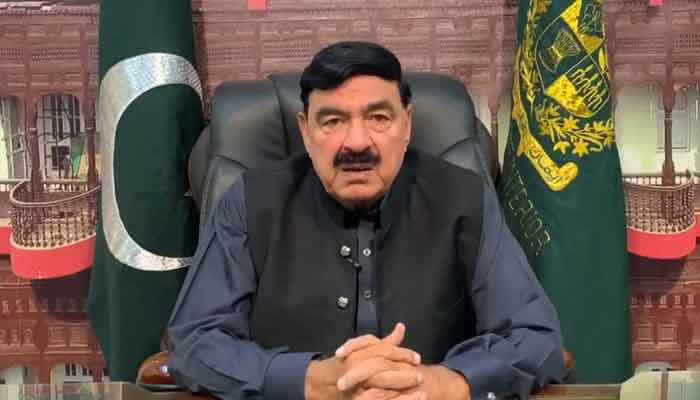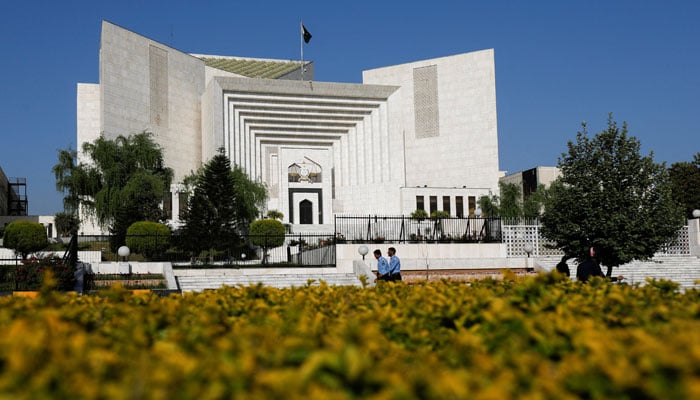News Desk
The Prime Minister of Pakistan, Imran Khan has proposed a ten point agenda to the world community at UN General Assembly to avert economic collapse in the developing countries due to the novel coronavirus pandemic. He called for debt suspension till the end of the pandemic for low income and most stressed countries; cancellation of debt of least developed countries; restructuring of the public sector debt of developing countries and a general allocation of special drawing rights of 500 billion dollars.
According to media reports, the Prime Minister has made these remarks while addressing a special session of the UN General Assembly on Friday.
Imran Khan also proposed concessional financing to lower income countries through multilateral development banks; provision of loans at lower costs, fulfillment of the 0.7 percent official development assistance commitments, mobilizing 100 billion dollars per year for climate action in developing countries, mobilizing the required 1.5 trillion dollars annual investment in sustainable infrastructure and halting of illicit financial outflows from developing to rich countries.
The Premier stressed for a collective response to recover from the Covid crisis and achieve sustainable development goals. He said that the pandemic has infected nearly 65 million people and killed sadly close to 1.5 million. The pandemic has caused immense human suffering and the deepest global economic contraction since the great depression of the 1930s.
PM Imran Khan expressed hope that whenever the vaccine is available, it must be offered to everyone.
He said that we had a successful policy of smart lockdowns in Pakistan to control the pandemic and our efforts were aimed at ensuring that not only do we save people from the virus, but also prevent them from dying from hunger. He said we provided a relief package of around 8 billion dollars to support the poor and to keep the economy afloat at the same time.
“So far, our strategy has worked, but now we are confronted with a far more aggressive second wave of the novel Covid19. We are facing now the challenge of maintaining and reviving our economic growth as well as dealing with increasing number of cases which are occupying our hospital beds,” he added.




